
AllQuestion and Answers: Page 656
Question Number 154303 Answers: 1 Comments: 1
Question Number 154301 Answers: 1 Comments: 0
Question Number 154296 Answers: 0 Comments: 0

Question Number 154292 Answers: 2 Comments: 0
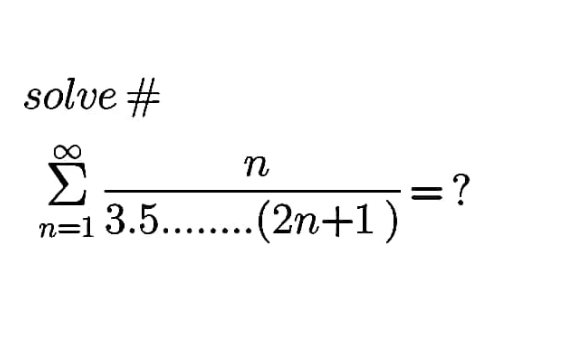
Question Number 154291 Answers: 2 Comments: 0
Question Number 154289 Answers: 0 Comments: 0
$${solve}\: \\ $$$$\int\mathrm{4}{x}^{\mathrm{5}{x}} {dx}=? \\ $$
Question Number 154287 Answers: 0 Comments: 0
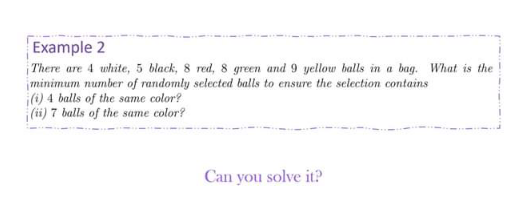
Question Number 154285 Answers: 0 Comments: 0

Question Number 154286 Answers: 1 Comments: 5
Question Number 154281 Answers: 0 Comments: 0
$$\int_{\mathrm{1}} ^{\mathrm{3}} \lfloor{x}−\mathrm{3}\rfloor{dx} \\ $$
Question Number 154280 Answers: 0 Comments: 0
Question Number 154275 Answers: 0 Comments: 1

Question Number 154274 Answers: 0 Comments: 1
Question Number 154273 Answers: 1 Comments: 0
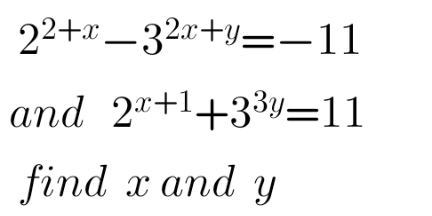
Question Number 154270 Answers: 0 Comments: 0

Question Number 154268 Answers: 0 Comments: 3
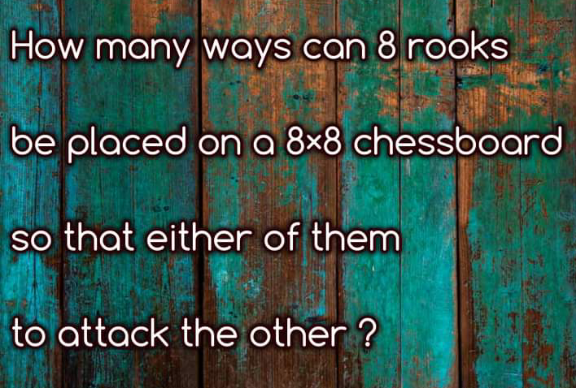
Question Number 154267 Answers: 0 Comments: 0
Question Number 154262 Answers: 1 Comments: 0

Question Number 154258 Answers: 1 Comments: 0

Question Number 154255 Answers: 1 Comments: 0
Question Number 154254 Answers: 0 Comments: 0
Question Number 154252 Answers: 0 Comments: 0
Question Number 154250 Answers: 0 Comments: 0
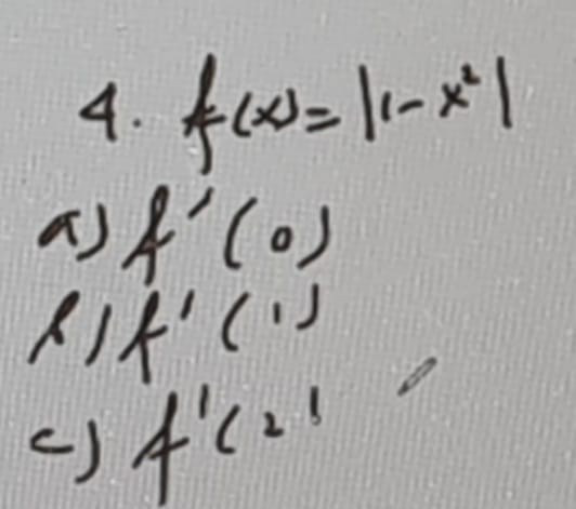
Question Number 154240 Answers: 1 Comments: 0
Question Number 154235 Answers: 1 Comments: 0
Question Number 154226 Answers: 0 Comments: 0
Pg 651 Pg 652 Pg 653 Pg 654 Pg 655 Pg 656 Pg 657 Pg 658 Pg 659 Pg 660
